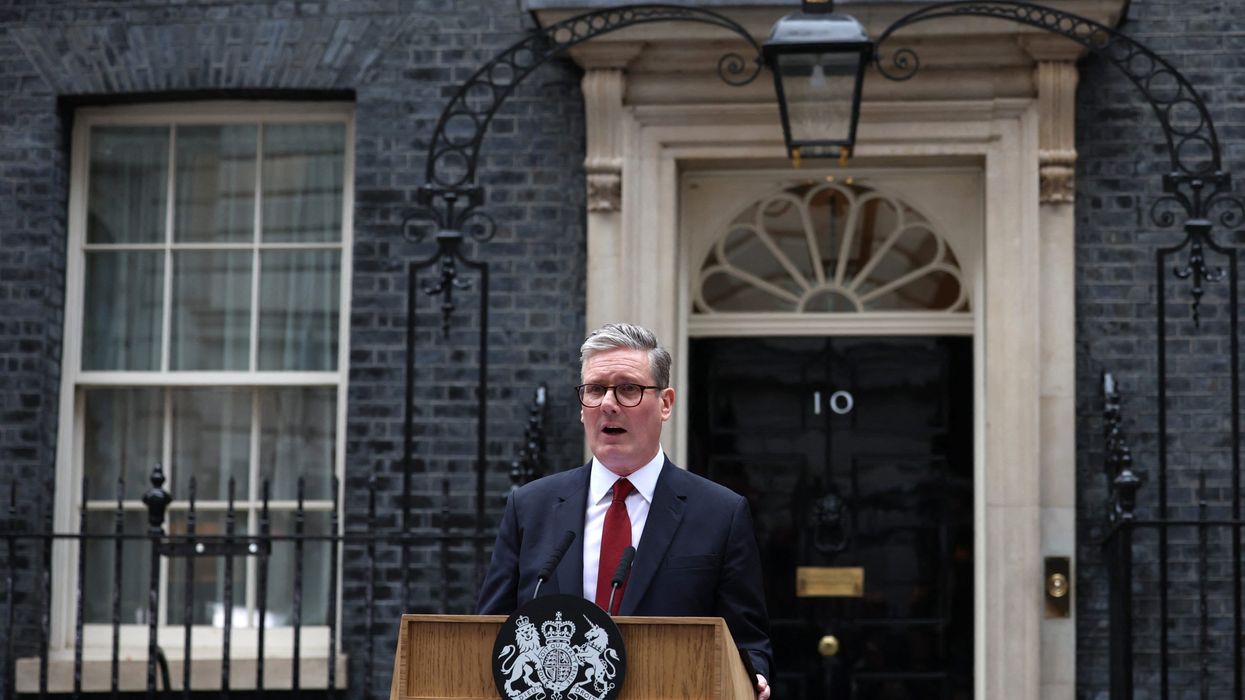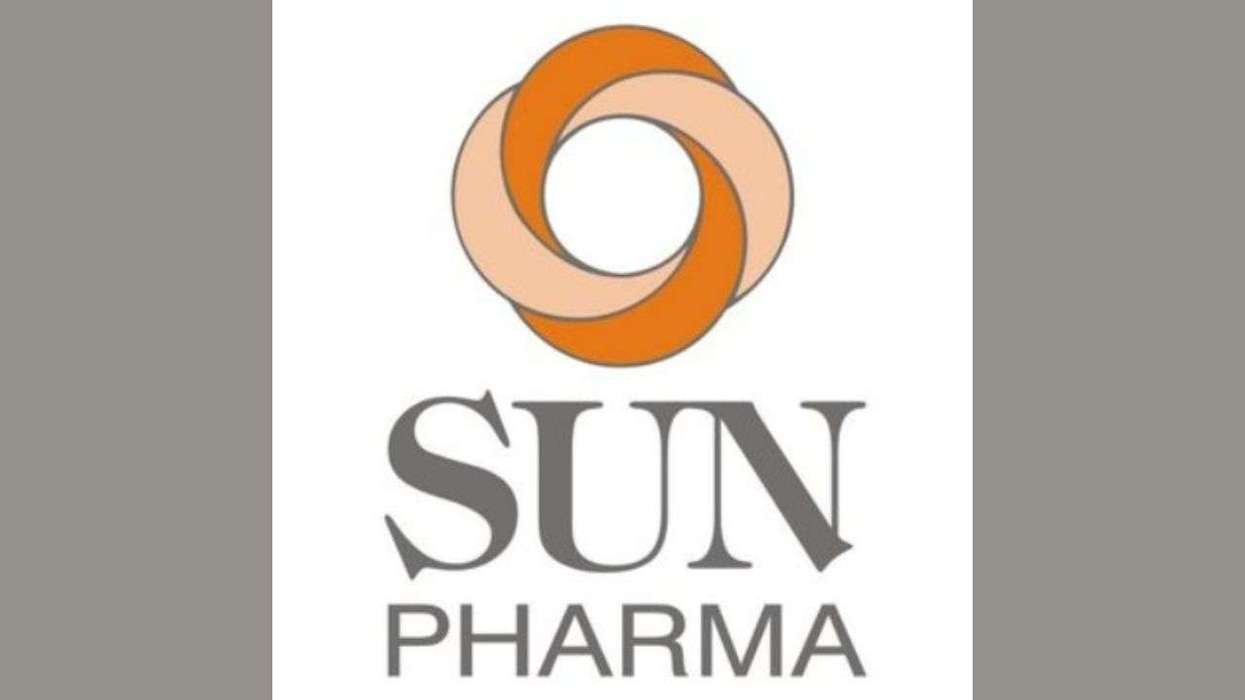Recent analysis by the NPA revealed that the number of SSPs issued by the Department of Health when medicine shortages are most acute has more than tripled in the past two years
Community pharmacists are calling on the new Labour government led by Keir Starmer to appoint a medicine supply Tsar to address the worsening medicine shortage crisis, as recent polling reveals that around three in ten patients have experienced difficulties obtaining medicines they need.
The National Pharmacy Association (NPA), representing independent community pharmacies, has stressed the need for a 'medicine shortages Tsar' to get a grip on the problem that has blighted both patients and pharmacies in recent years.
A YouGov survey commissioned by the NPA found that in the past year, 28 per cent of people were unable to collect a prescription from their local pharmacy due to medicine shortages.
Among those affected, 6 per cent experienced this 3-4 times, and 5 per cent encountered it five times or more in the last year alone. Of these patients, 32 per cent reported that the shortages had adversely affected their health, with 7 per cent stating it had a 'great deal' of impact and 25 per cent noting a 'fair deal' of impact.
The NPA emphasised that the proposed Tsar would be responsible for investigating the robustness of the UK's medicine supply chain and enhancing the country's competitiveness in the global medicines market.
Further, the association noted that this role would ideally be filled by an independent expert with technical knowledge of medicine supply, capable of bringing together a wide range of industry organisations to tackle this complex problem.
Recent analysis by the NPA revealed that the number of Serious Shortage Protocols (SSPs), issued by the Department of Health when shortages are most acute, has more than tripled in the past two years. 78 per cent of all SSPs were issued between 2022 and 2024.
SSPs have been issued for a diverse range of medication treating conditions including; cystic fibrosis, angina, menopause symptoms, whooping cough, chest infections, contraception, depression, epilepsy, thyroid problems and anaphylaxis among many others.
Paul Rees, CEO of NPA, said: “These are incredibly worrying statistics which shows the current crisis in medicine supply is having a serious impact on people’s health.
“Although for some, a medicine shortage is frustrating and inconvenient, for others it can be potentially life threatening and have a drastic impact on how a patient can live their life. We have seen this with the most recent shortages relating to Creon, which can be used to help those living with cystic fibrosis digest food.
“That is why we are urging the new government to appoint a medicine shortages Tsar to use this opportunity to bring together all bodies to tackle this growing and complex crisis once and for all.”
Due to shortages, pharmacies are often forced to spend hours sourcing alternative medications, driving up the cost of drugs.
Some pharmacists have reported to the NPA that ordering short-supply medications, including treatments for common conditions such as hay fever, can cost them 3 to 27 times more than the original price.
The pressure on community pharmacies is further exacerbated by a 40 per cent reduction in their funding, leading to the closure of 10 pharmacies per week so far this year.
“Medicine shortages heap pressure on already stretched community pharmacies, who have to pay inflated prices for medicines in short supply, spend hours trying to find supplies and sometimes face the heartbreaking situation of having to turn patients away,” Paul said.













